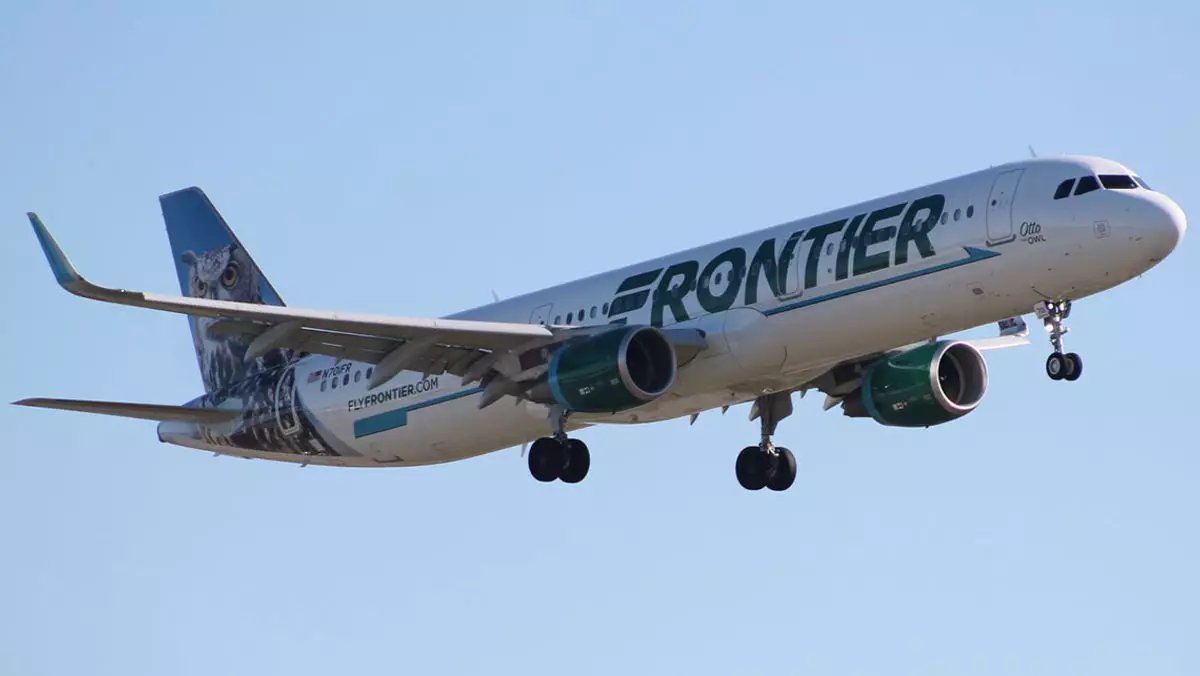The Association of Flight Attendants-CWA is pushing for immediate contractual changes in response to compensation reductions resulting from Frontier Airlines’ shift towards out-and-back flying. According to the union president Sara Nelson, the changes in Frontier’s business model were not foreseen in the collective bargaining agreement and are affecting various aspects of flight attendants’ work lives.
Last fall, Frontier Airlines announced its intentions to increase out-and-back flying to nearly 90% of its network within the first half of the year. This move, aimed at enhancing operational reliability and reducing costs, has led to changes in crew bases and route networks. The airline is transitioning away from leisure markets like Florida and Las Vegas towards more business-oriented routes in major airline hubs.
The shift towards out-and-back flying significantly reduces overnight stays for flight attendants and has a “dramatic” effect on their take-home pay. Additionally, it affects where flight attendants can live and whether they are able to commute to work. These changes are causing unrest among the airline’s flight attendants, who are demanding compensation adjustments to mitigate the impact on their earnings.
In her letter to Frontier CEO Barry Biffle, Sara Nelson highlighted that the existing contract between AFA and Frontier will be up for negotiation on May 15. She emphasized that the airline’s new network strategy constitutes a major dispute under the Railway Labor Act, which regulates labor relations in the aviation industry. This dispute, Nelson stressed, should be addressed separately from the broader negotiations for a new collective bargaining agreement. The letter was also sent to the National Mediation Board for intervention in the labor disputes between the airline and its flight attendants.
Overall, the implementation of Frontier Airlines’ new business model has brought about significant changes in the working conditions and compensation structure for flight attendants. The union’s call for immediate contractual adjustments reflects the growing concerns among airline employees regarding the impact of these changes on their livelihoods. As negotiations continue between the union and the airline, it remains to be seen how Frontier will address the grievances raised by its flight attendants in response to the evolving dynamics of the aviation industry.

